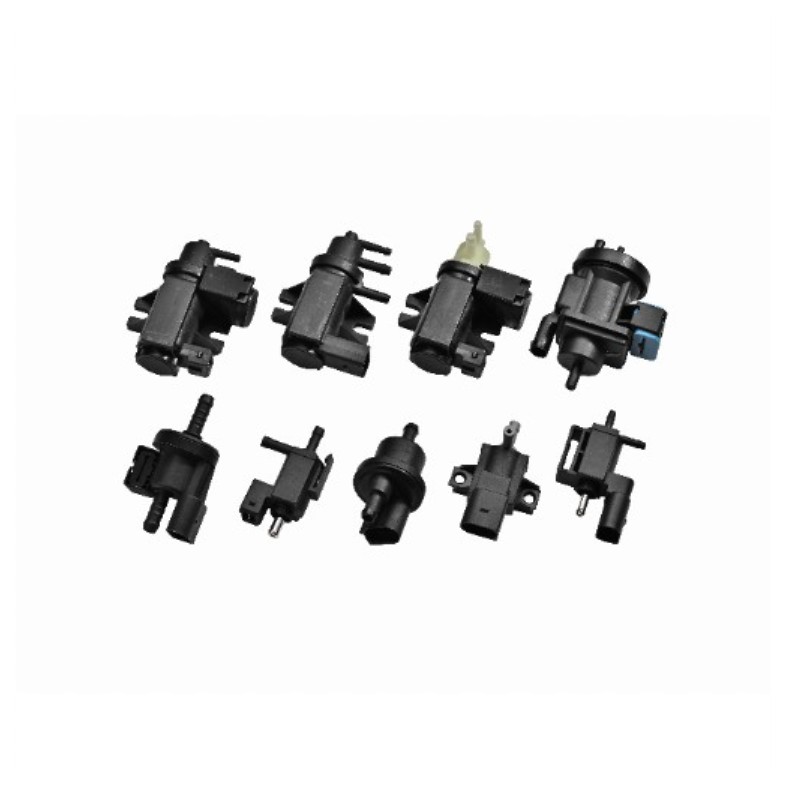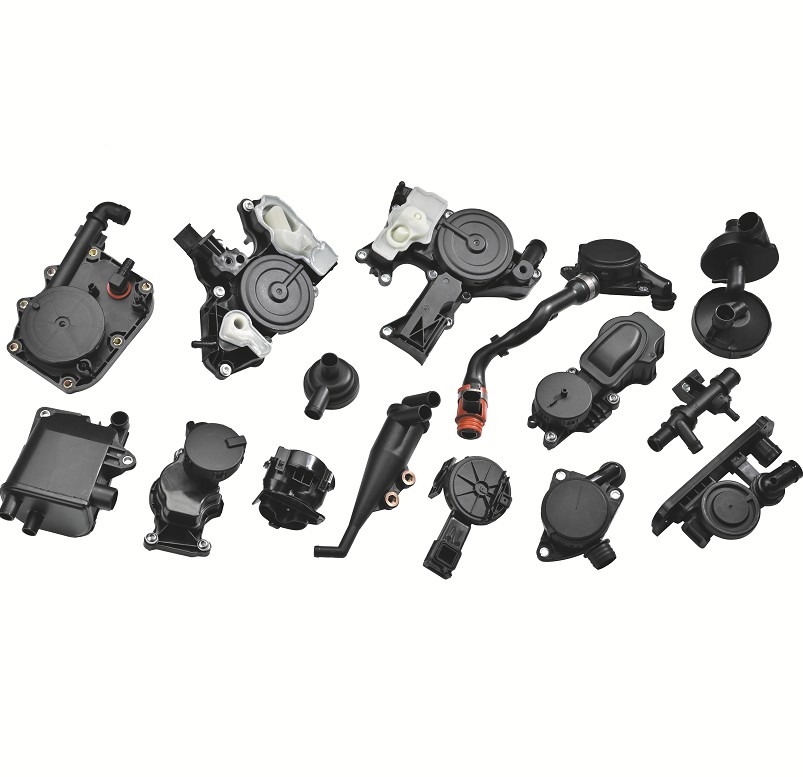High-quality coolant pipes usually use advanced manufacturing processes and high-quality sealing materials to ensure the sealing of the pipe joints and effectively prevent coolant leakage. On the contrary, if the quality of the coolant pipe is poor, its sealing performance may not meet the requirements, resulting in coolant leakage during the circulation process. Coolant leakage will not only directly reduce the amount of coolant in the cooling system, so that the coolant cannot fully cover the various components of the engine, and thus cannot effectively take away the heat, but also cause the engine temperature to be too high, and even cause serious faults such as engine overheating and cylinder pulling, which seriously affects the cooling effect and service life of the engine.
Coolant usually contains a variety of chemicals, such as antifreeze, preservatives, etc. These substances may corrode the coolant pipe during long-term use. High-quality coolant pipes are usually made of materials with good corrosion resistance, such as special rubber, plastic or metal alloy, which can resist the erosion of chemicals in the coolant, thereby extending the service life of the coolant pipe. Poor-quality coolant pipes may have poor corrosion resistance due to improper material selection or rough manufacturing process. During long-term use, these inferior coolant pipes may suffer from corrosion, perforation and other problems, further increasing the risk of coolant leakage, and also affecting the overall performance and cooling effect of the cooling system.
The engine cooling system will generate a certain amount of pressure when working, especially under high temperature or high load conditions, the cooling system pressure may increase significantly. Therefore, the coolant pipe must have good pressure resistance to ensure that it will not deform or rupture under normal working pressure. High-quality coolant pipes usually undergo rigorous pressure resistance tests and can withstand system pressure without any abnormalities. However, if the quality of the coolant pipe is poor, its pressure resistance may not meet the requirements, resulting in deformation, expansion or even rupture under normal working pressure. These problems will not only affect the normal circulation of the coolant, resulting in a decrease in cooling effect, but may also cause serious faults such as coolant leakage.
The material and structure of the coolant pipe will also affect its thermal conductivity. High-quality coolant pipes are usually made of materials with good thermal conductivity, such as metal materials such as copper and aluminum, or composite materials with high thermal conductivity efficiency. These materials can quickly transfer the heat generated by the engine to the coolant, thereby improving the heat dissipation efficiency. On the contrary, poor quality coolant pipes may have low heat conduction efficiency due to improper material selection or unreasonable structural design, which will make the coolant unable to fully absorb the heat generated by the engine during the circulation process, thus affecting the cooling effect.


 English
English русский
русский Español
Español Deutsch
Deutsch











